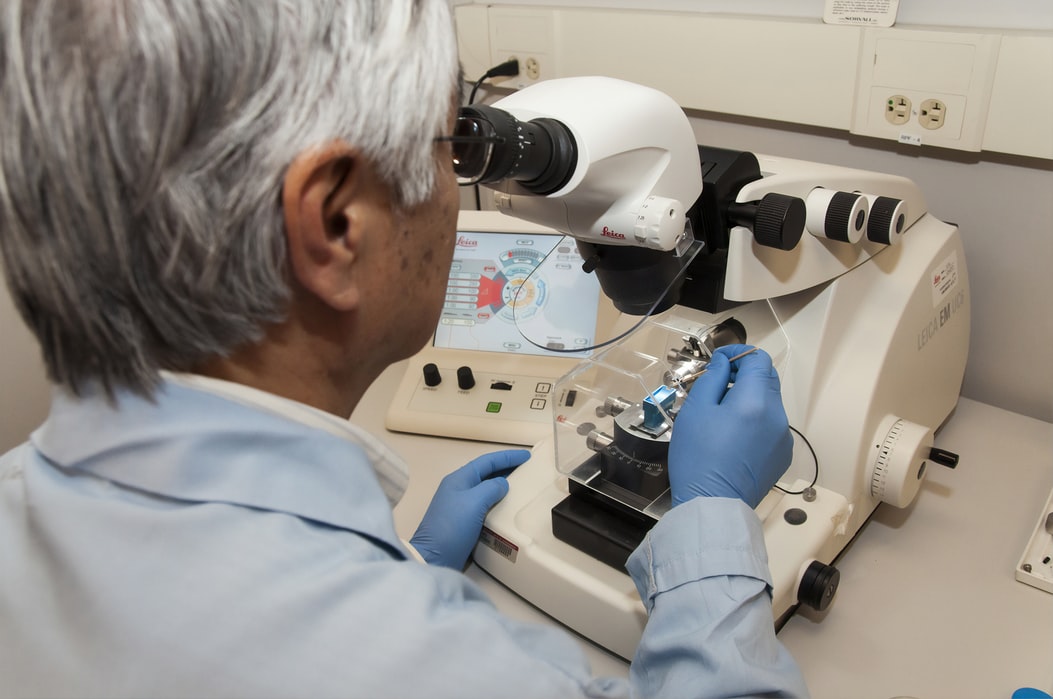“Worldwide, some 18,000 people have now been inoculated with experimental vaccines within the testing program”
Just five days after AstraZeneca laboratories reported that it was suspending the tests on its Covid vaccine due to the illness of a volunteer, the University of Oxford announced on Saturday they are now being resumed.
“Worldwide, some 18,000 individuals have been inoculated with experimental vaccines within the testing program,” the university said in a statement.
“In programs as large as this it is common for some of the participants to feel unwell. Each case must be carefully evaluated so that we are able to guarantee a careful evaluation of the safety “, said the statement, although it does not specify when the tests will be resumed.
AstraZeneca announced last Tuesday that it had paused the trial of the vaccine due to the appearance of “a potentially inexplicable disease” in one of its participants, a move that scientists described as ‘routine’.
The British government’s chief scientific adviser, Sir Patrick Vallance, echoed this view, telling a Downing Street press conference that what had happened in the Oxford trial was not unusual.
“It is a routine action that has to be taken whenever there is a potentially unexplained illness in one of the trials, ensuring that we maintain the integrity” of the trials, added AstraZeneca.
AstraZeneca already has contracts with the United Kingdom, the United States and the EU to supply doses of its vaccine once the testing phase is completed. The EU has agreed to buy 400 million doses of the vaccine, with 30 million earmarked for Spain.
Hopes have been high that the vaccine might be one of the first to come on the market, following successful phase 1 and 2 testing.
Its move to Phase 3 testing in recent weeks has involved some 30,000 participants in the US as well as in the UK, Brazil and South Africa.
The World Health Organization (WHO) says nearly 180 vaccine candidates are being tested around the world but none has yet completed clinical trials





